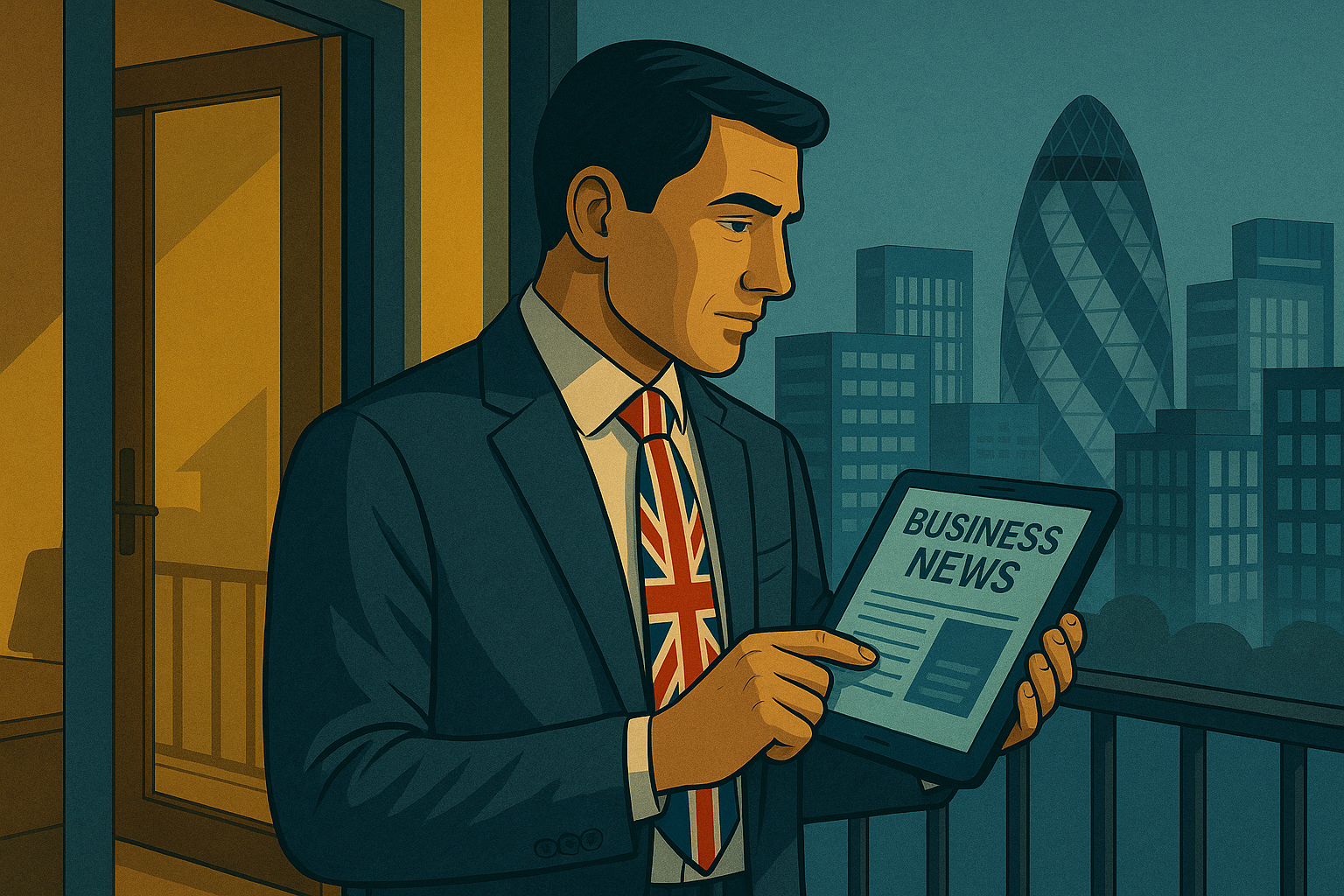The UK economy experienced a resurgence in October as manufacturing showed signs of recovery, ending a year-long downturn. The latest flash PMI from S&P Global revealed that business activity increased to a two-month high of 51.1, up from 50.1 in September. This growth was primarily driven by the manufacturing sector, which reached a 13-month high at 51.2, a significant rise from 45.7 the previous month. Despite this positive development, the economy remains precarious, barely staying above the 50 mark that signifies growth.
Chris Williamson, chief business economist at S&P, commented, “October’s flash UK PMI survey brings hope that September was a low point for the economy from which business conditions are starting to improve. Output has picked up, with a particularly welcome return to growth for manufacturing for the first time in over a year accompanied by an upturn in demand for services, notably among consumers.”
Williamson also noted that job losses had “moderated” while inflationary pressures returned to levels consistent with the Bank of England’s two per cent target.
However, the uplift comes days after a significant decline in manufacturing activity was reported for October by the Confederation of British Industry’s (CBI) latest industrial trends survey. The survey revealed a fall in the total orders balance to minus 38, compared to minus 28 in September.
Business confidence also weakened, with expectations dropping to minus 19 from minus six in July. The jobs balance score for the next three months worsened, indicating potential challenges for the UK labour market.
It should be noted that, while some survey data aligns with official GDP statistics, economists caution that the CBI’s findings can often appear more pessimistic.
Despite the uptick in manufacturing, S&P’s Williamson warned that goods exports continued to decline “at a worryingly steep rate” due to the US tariff offensive. President Donald Trump has maintained his aggressive stance on trade, threatening an additional 100 per cent tax on Chinese imports by 1 November.
Meanwhile, companies are proceeding cautiously ahead of the autumn Budget, where Rachel Reeves is expected to announce tax increases totalling £30 billion. Williamson added that the outcome of the next fiscal event could “sway the business mood in the months ahead.”




